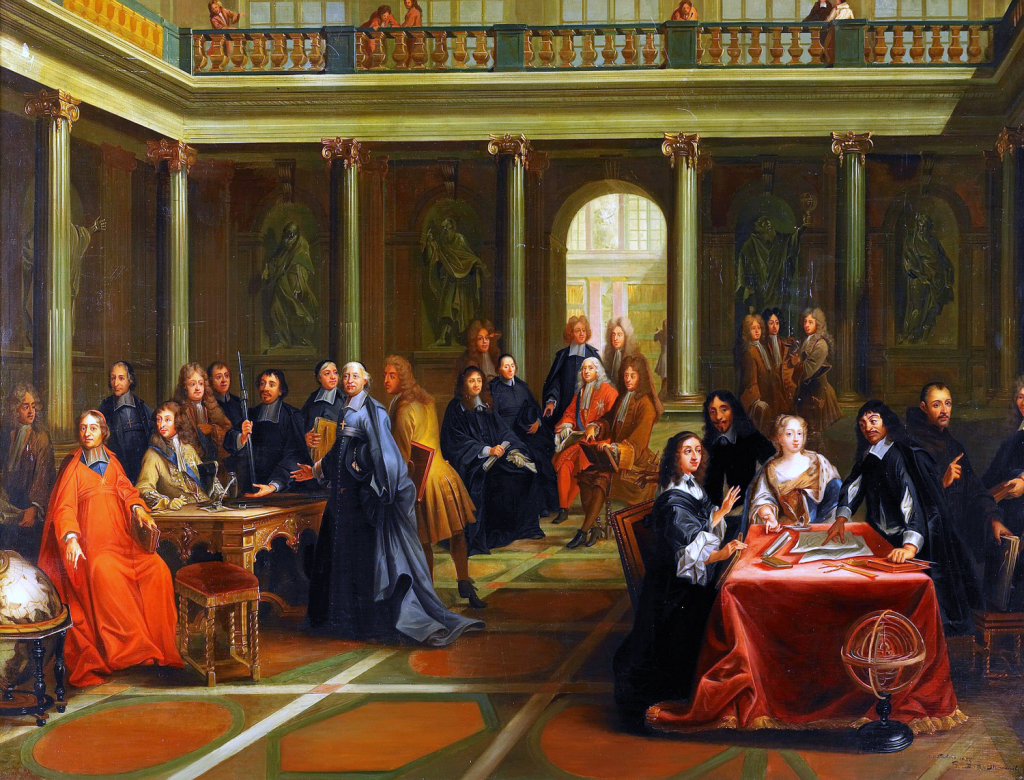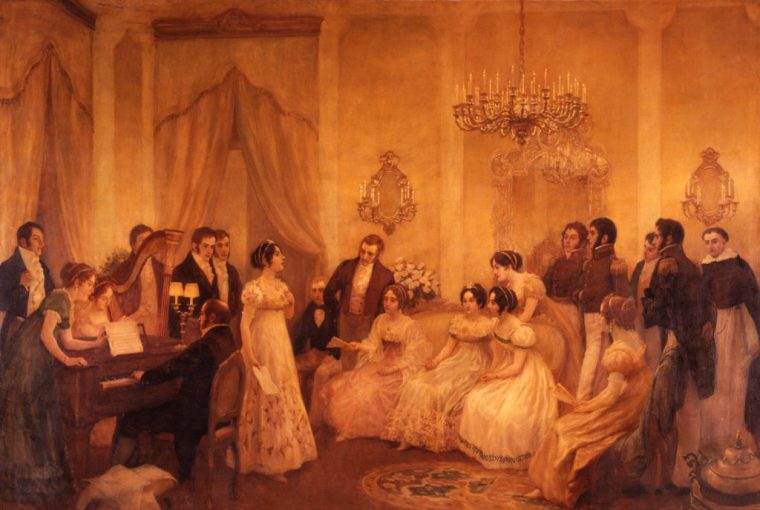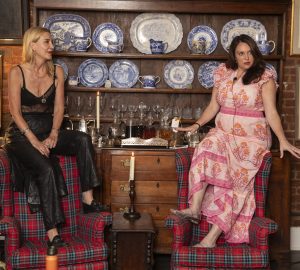As salons developed and spread throughout Europe in the 15th and 16th centuries, women were able to cultivate a powerful position in their communities by virtue of being the de facto hostesses of their respective homes. By hosting, and thus having the opportunity to engage with intellectual discussions at a time when most were not formally educated or allowed to participate in political discourse, aristocratic women not only joined the conversation, they became the conversation by acting as facilitators.

Whether posing questions or acting as referee, most notably in the 18th century French salons when endless philosophical socio-political debates were all the rage, women attained a new status in society. See our Brief History of Salons to learn more about some of the more well documented hostesses who became iconic in the movement, but suffice to say you’ll be in great historic company once you take up the mantle of hosting.
Since informal or second-hand learning was what most women had access to back then, the salon was an opportunity to curate the conversation and guest list to her interests and agenda. If she herself had an idea or question or a piece of writing or music to share, she had an eager feedback loop to share with. Considering that during this epoch of human history women were designated as the personal property of their fathers and husbands, we have to imagine that having an in-home platform to effectively eradicate social barriers and spark intelligent conversation must have been downright revolutionary.

It was the hostess who became aware of which guests advanced the conversation, who were good listeners as well as thought-provoking speakers, and often decided who was to be invited back. As the facilitator she would sometimes become the enforcer of civil discourse. Whether acting in the role of hostess or as a conversation participant, women’s voices took on new power in the salon. That power had grown so great by the time Napoleon rose to power in 19th century France that he had to infiltrate and even banish those who promulgated ideas that undermined his authority. Unfortunately he was largely successful in his efforts to relegate women back to domestic duties and keep them out of the conversation for good, saloning fell out of fashion in France under his rule.
They made a comeback in Paris in the early 20th century thanks to a couple of totally iconic American lesbian Jews who became the social pillars of modern art and literature in the Western world. Gertrude Stein and Natalie Clifford Barney were hosting weekly salons til they were disrupted by World War II. They knew some uniquely unique people, as you probably do too, and hopefully right about now you’re asking yourself ‘why not invite them all over to experience each other?’ Take it from those two 20th century salonistas, whose reverence for friendship and human alchemy defined an era, ‘you must, you simply must!’



